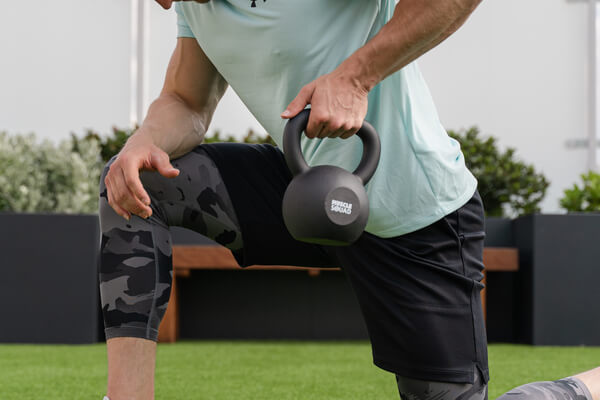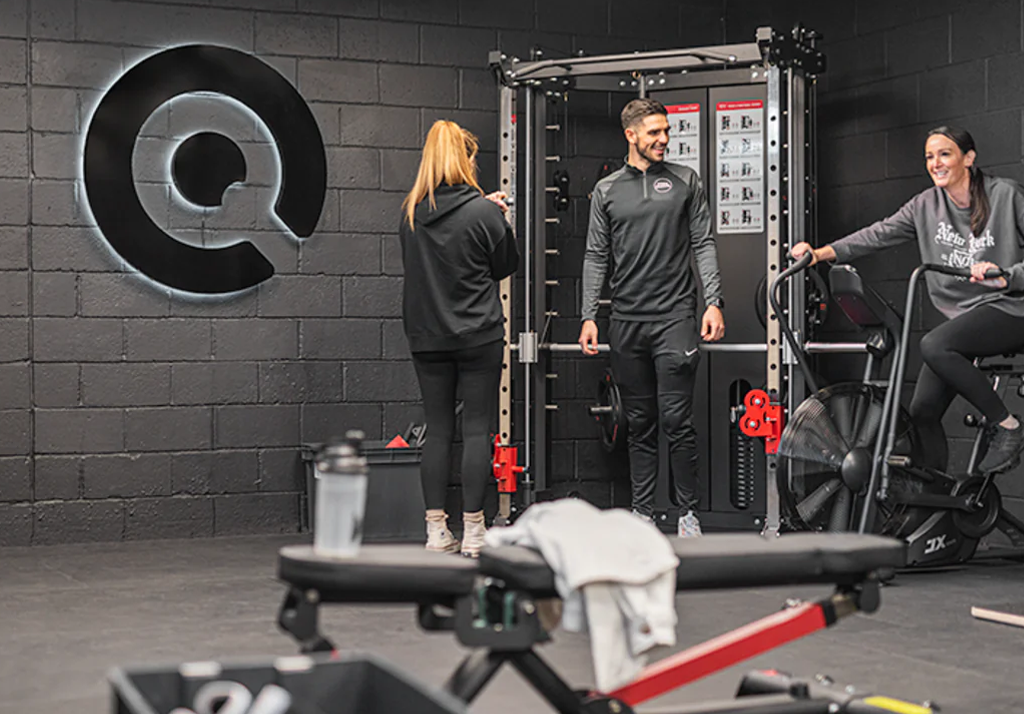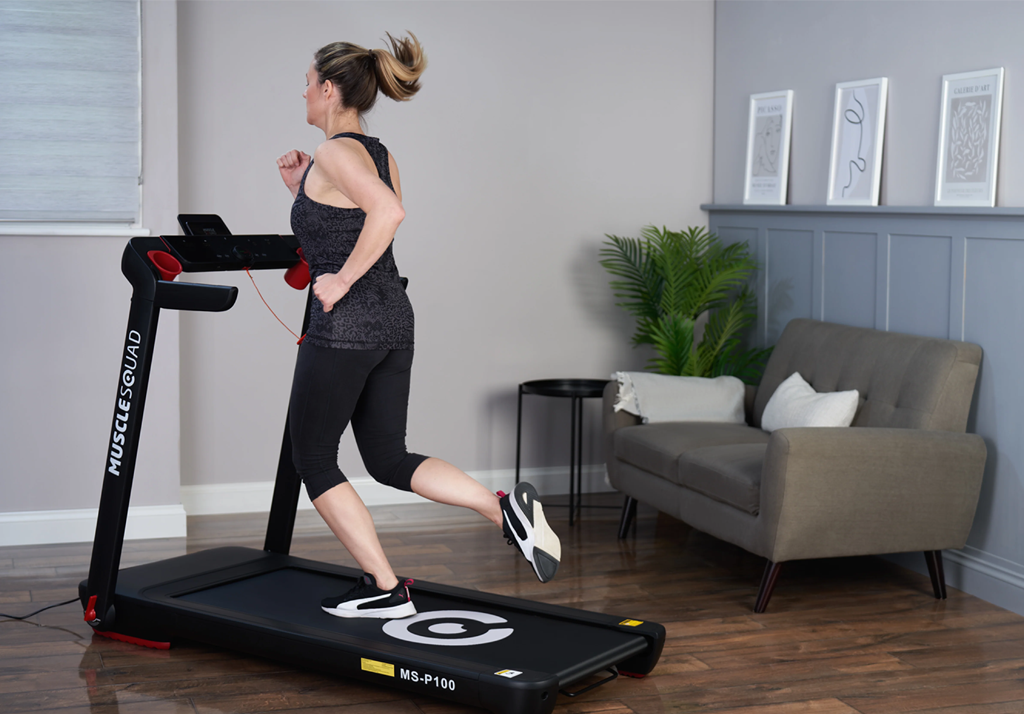Losing weight is never an easy process. Even if you had a clear schedule, tons of motivation and the money to pay for a squeaky-clean diet, it’d still be a challenge to clock in on the weighing scales at a loss every single time.
Factor in a busy schedule and life getting in the way, and it’s even harder to lose weight. Progress takes discipline and time. Tracking your calorie intake via an app is a common method in achieving your weight goals and, for most, it’s a great way to gain insight into their eating habits.
The more knowledge you have on what you’re putting into your body, the easier it is to make your body do what you want it to do.
But, counting calories isn’t always as simple as it sounds. We asked our in-house personal trainer, Elliot Gibson, for some of the more common mistakes that people make when it comes to tracking their calories.
“If you are going to do it, you want to do it properly!”
Hey everyone, Elliot here. The goal of this blog is to present three of the most common mistakes I see when it comes to tracking calories and trying to lose weight.
Issue #1: Do liquid calories count when trying to lose weight?
The first mistake is not tracking your liquid calories. It’s easy to see calories as only coming from food, but you might also be taking in calories from the milk in your cereal, sugary soft drinks, cooking oil and alcohol. These all count towards your final calorie intake for the day, and they can contribute a significant amount if you’re not mindful of them. Make sure you’re tracking these, too!
Issue #2: Can fitness apps track how many calories I burn each day?
Most phones and smartwatches come with in-built fitness trackers now. These can be great to give people a general idea of how many calories they’ve burned throughout the day, often through a smartwatch that’s connected to your phone.
While this is a good benchmark, it’s best to ignore this information as it’s not guaranteed to be accurate. What’s more, putting too much stock into how many calories your phone thinks you’ve burned in a day can give people the tendency to “eat back” their spare calories. This can inadvertently sabotage their goals. It’s best to only keep tabs on the calories you’ve consumed so you know for certain that you’re keeping to your intake goal.
![]()
Issue #3: Does food change weight during cooking?
Here’s an interesting one. The final mistake I see frequently is people not being consistent with when they weigh their food. Don’t get me wrong, weighing your food is a great habit to be in, but if you’re doing this then you need to only weigh your food when it’s raw or only weigh it when it’s cooked.
Take chicken for example. The cooking process alters its weight, so if you’re not consistent with when you weigh your food you’re going to be misleading yourself. 300g of raw chicken is not going to weigh 300g once it’s cooked. By always measuring your food when it’s in the same state you can eliminate inaccuracies in measurements. I would recommend weighing raw if you can, as this will provide the most accuracy.
Those are three mistakes that our PT Elliot sees when people are tracking calories in order to lose weight. Make sure to keep them in mind if you’re trying to lose weight to give yourself the best chance of success.

 Nov 01, 2023 - Cameron Brierley
Nov 01, 2023 - Cameron Brierley


Leave a comment: